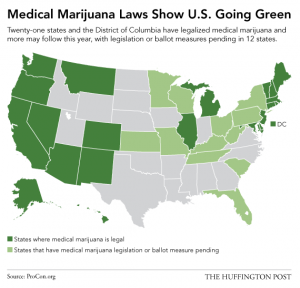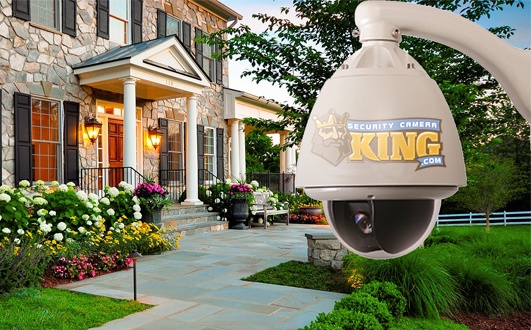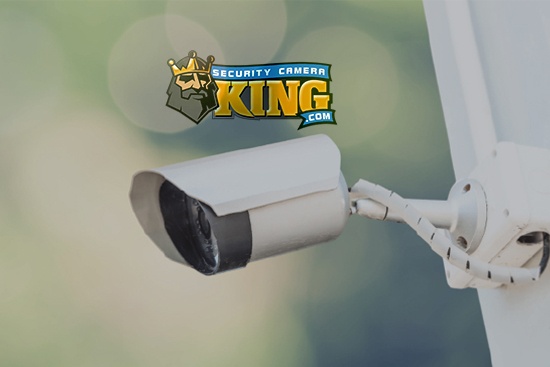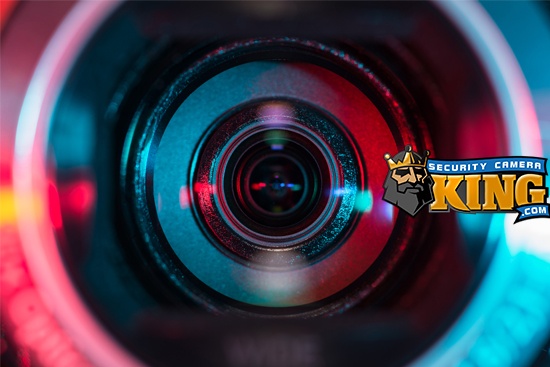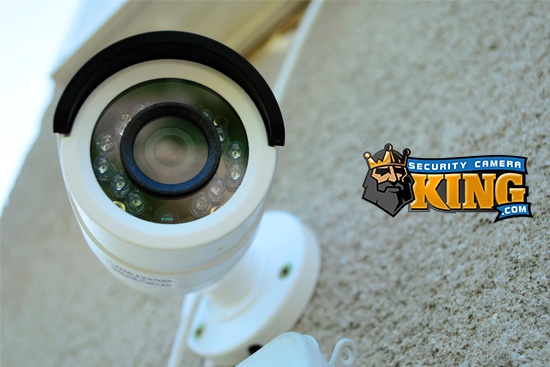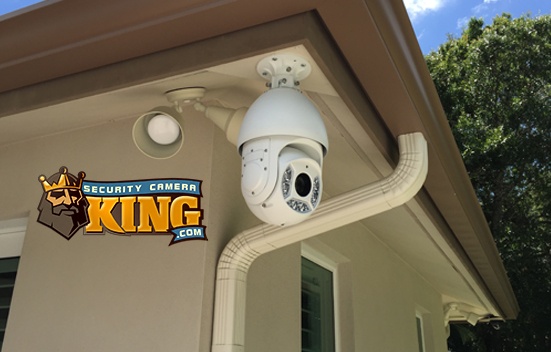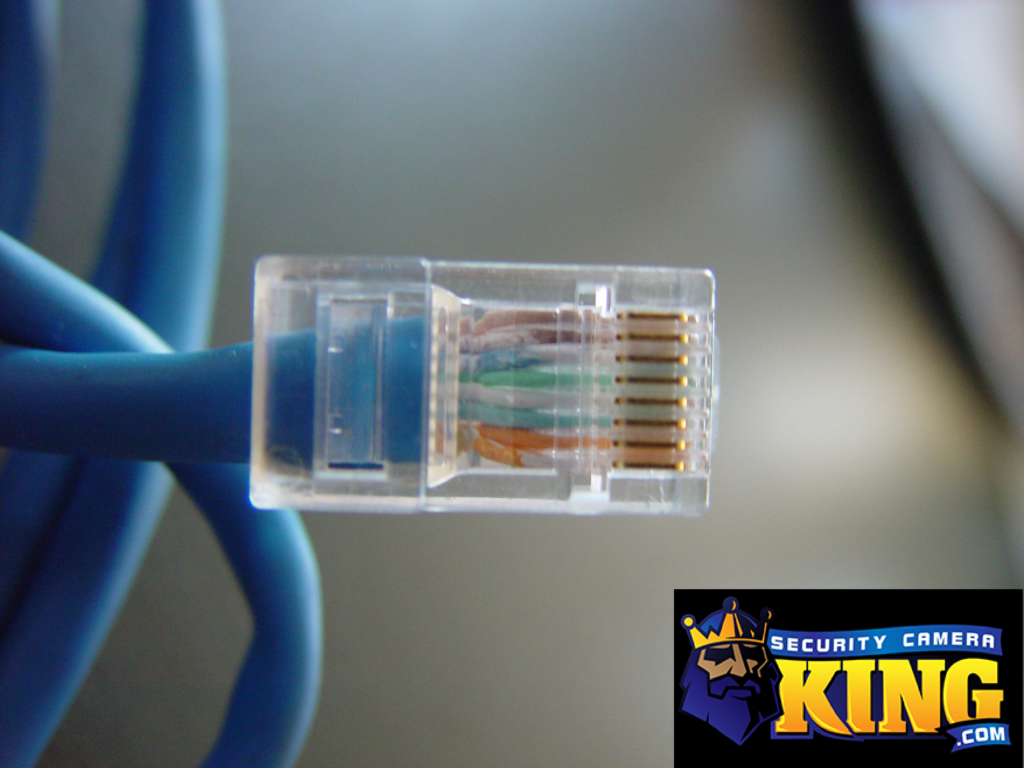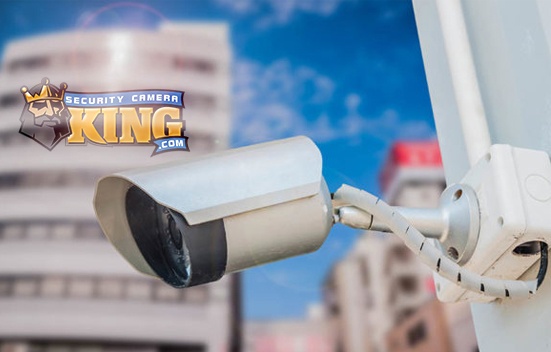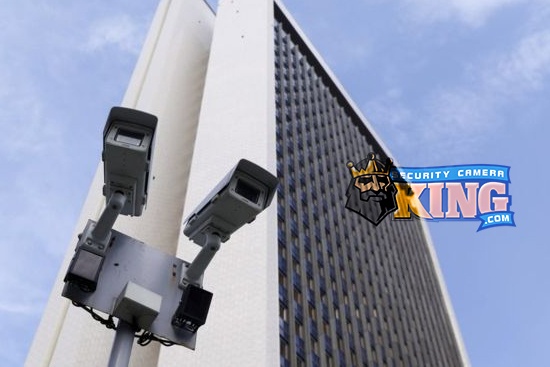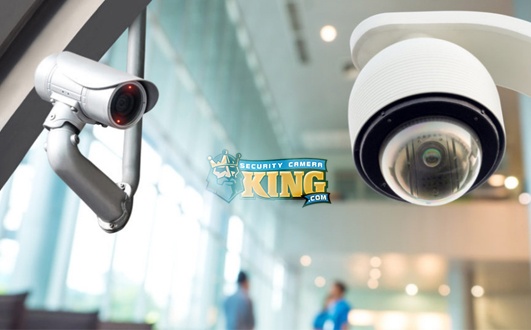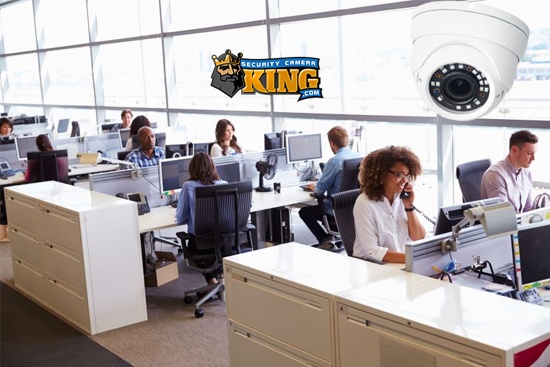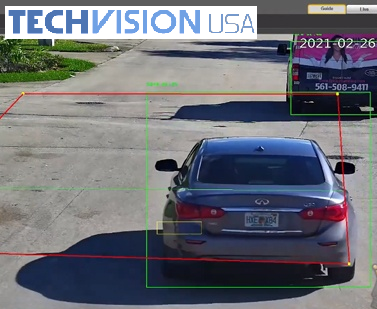Colorado was the first state to officially make the retail sale of Marijuana legal for recreational use, possession and retail sale. This was made possible due to Colorado Marijuana Law Amendment 64. Other states and U.S. territories such as Oregon, Washington state, Washington D.C., Alaska, and Guam have recently followed suit, all with varying laws and statutes in place (some like Washington have made possession of the substance legal but not yet the retail sale). 23 other states have legalized marijuana for strictly medical uses, and that number seems to be growing slowly, yet steadily every year.
The times are indeed changing, but with legalization comes inevitable regulation. To ensure that all growers, distributors, and retailers are operating within the boundaries of the new laws this article is a simplified overview of Video Recording and Storage Requirements. For the full list of laws and regulations, please consult the Colorado.gov website.
The Colorado Amendment 64 law now requires that any retail establishment involved in retail Marijuana sale has to have 24 hour digital format video recording on the premises, and the footage recorded must be located in a secure location (under lock and key) that can only be accessed by management of the establishment. The typical method for physically securing video recorders are DVR Lock boxes. Lock boxes are tamper proof steel housings that enclose your DVRs and NVRs, and come equipped with a fan to keep the recording devices cool.
All footage recorded on DVRs or NVRs must be stored for a minimum of 40 days According to Colorado Amendment 64, and the video captured by the proprietor’s cameras and Digital Video Recorders / Network Video Recorders must be sufficiently high enough resolution to be able to accurately identify any entering or exiting the premises. While the Colorado law doesn’t specifically state a minimum required resolution for identification purposes, we recommend at least a 720p HD resolution to ensure that you’re capturing enough detail to be able to make accurate identification and detail enhancement possible if necessary. Keep in mind, depending on how close the camera is to the area being filmed, lower resolution cameras may work just as well as high definition camera. But, for a camera that’s farther away, a higher resolution gives you the ability to zoom in on the smallest objects yet still be able to resolve detail.
To give you a general idea of the different levels of detail you can see with different resolution security cameras, compare this analog 700TVL (T.V. Line) pan tilt zoom camera footage:
to a similar camera with a 2 megapixel (or 1080p HD) resolution.
Additionally, higher resolution cameras have an added benefit for growers, because they offer not only the ability to prevent possible theft of their plants, but also allows use those extra pixels for constant monitoring of growth rates, pests, growth abnormalities, providing instant visual assessment, as well as a time lapse view of the health of the crop that can increase overall yields.
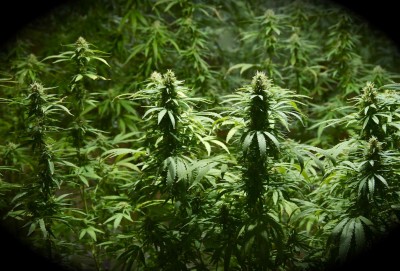
Growers can use security cameras to monitor their crops
Figuring out how much hard drive space you need is easy. As an example, if you’re recording footage from one security camera at a resolution of 2 Megapixel (1080p High Resolution) with a frame rate of 30fps, and you’re recording video 24 hours a day for 40 days, you’ll need at least 2.44 terabytes of hard drive space to meet that demand. At 720p (or 1 megapixel) camera filming for the same amount of time will require at least 1.67 TB. To calculate exactly how much disk space you’ll need for any given number of cameras or resolution we have created an Online CCTV Hard Drive Calculator.
As for camera placement, security cameras must be placed showing twenty feet of all entry and exit points (on both sides of those doors). Camera coverage is also required for cash registers (point of sale areas) with enough resolution to make out facial features, as well as any areas where retail cannabis product is on display. Or, in the case of growers, complete video coverage of (including entry / exits) any areas where the plants are growing, being tested, cured, or being stored.
Any installed cameras must be able to film in any lighting conditions, so cameras with infrared (IR) are highly recommended. Cameras with built-in IR capability are able to film with sufficient clarity in total darkness by shining an invisible infrared which allows the camera to “see” in complete darkness. The higher the IR rating, the further they can see into the darkness. For example, in this video, you’ll see a pan tilt-zoom camera equipped with a 250 foot IR distance, first in a fully lit room, and then in complete darkness. You’ll notice that even in a complete absence of light, you’ll still get miniscule details when you’re zoomed in 20 or 30 times.
These recordings must include an on-screen, accurate representation of the date and time embedded in the footage, but not in such a way as to significantly obscure the footage. All surveillance footage must be made readily available to any state or local law enforcement agency that requests it. This must also be in a format that not only be easily accessed for viewing, but also in an encoded format that ensures no tampering or alteration has taken place. The footage can be erased after that time period, and must be if the facility / hardware is to be sold, but cannot be erased if the licensee is facing any criminal or civil investigation.
Additionally, a color photograph must be extractable from any of the footage at any time, so there must be a color printer on the premises, and the security network must be be equipped with a failure notification system that provides the owner advanced notification of any impending network or individual hardware failure or prolonged surveillance interruption.
This is by no means a complete list of the applicable laws regarding video surveillance, but at least this should provide you with a beginner’s guide to what you’ll need as a retailer or grower. If you have any specific questions that aren’t answered by this article or by the the official rules and regulations guide located at www.colorado.gov, you can speak to someone with full knowledge of the requirements, you can call SecurityCameraKing.com at 866-573-8878. Were open from 9am to 6pm EST.

